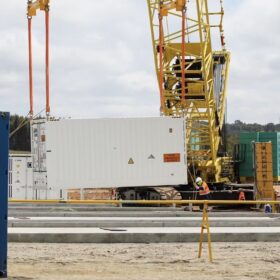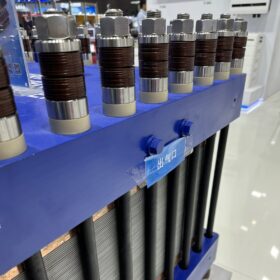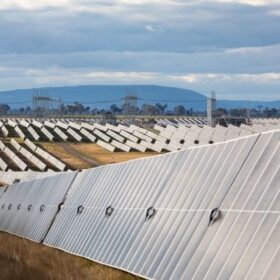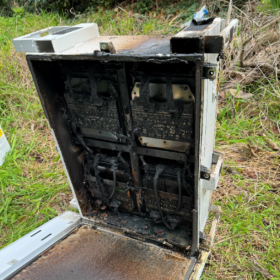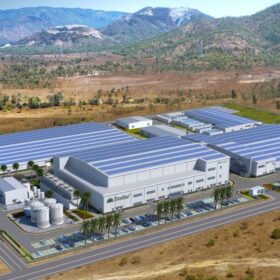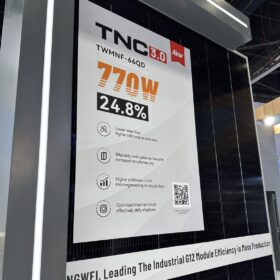Synergy gets green light for 2 GW solar, wind and battery project
Synergy’s plans to build a 2 GW solar, wind and battery project in Western Australia’s Mid West have cleared a major regulatory hurdle with the state’s environment watchdog waving the project through.
Solar accounted for 7.24 million jobs in 2024
The International Renewable Energy Agency’s annual review into employment finds solar held more than 43% of global jobs in the renewable energy sector in 2024.
Hydrogen faces ‘year of reckoning’ in 2026, says Wood Mackenzie
Wood Mackenzie’s 2026 market outlook for hydrogen expects non-biological origin hydrogen to gain momentum and ammonia crackers to reach commercial scale but predicts the Middle Eastern market to retreat and the European Union to abandon its industrial hydrogen mandates.
Buyers line up to take look at Zen Energy portfolio
Renewable energy developer and retailer Zen Energy is up for sale with the Australian firm’s expanding portfolio of solar and energy storage projects and offtake agreements attracting interested from both local and international investors.
People on the move: Equis, CleanCo, Janus Electric and more
Job moves in Australia’s solar, storage, clean tech, utilities and energy transition finance sectors.
Solar installer fined $9,000 over unsafe battery installs
A solar installation company has been fined $9,000 by a Victorian court after pleading guilty to unsafe installation of residential battery energy storage systems at five properties, including one that caused a minor house fire.
Stellar reveals scale of 2 GW solar ingot and wafer manufacturing plant
Plans to establish Australia’s first commercial-scale solar ingot and wafer manufacturing plant near Townsville in north Queensland are advancing with developer Stellar PV providing an early glimpse of the proposed 2 GW-capacity facility.
Tongwei unveils 770 W TOPCon PV module with 24.8% efficiency
The Chinese manufacturer has unveiled its new TOPCon bifacial TNC3.0 module. The 1,500 V, IP68-rated panel offers over 85% bifaciality, a 0.26%/C temperature coefficient, and a 30-year warranty guaranteeing 88.85% output.
AlphaESS launches modular energy storage system for small C&I users
Designed for power ratings of 29.9 kW and 50 kW with scalable capacity up to 216,9 kWh, the new system is aimed at businesses seeking flexible energy storage solutions without the complexity of installation.
Solar module efficiency could exceed 35% by 2050
A new Perspectives research study on the future of the global PV supply chain outlines how module prices, performance, and lifetimes could evolve over the next 25 years. The work reflects a collaboration among leading solar research institutions worldwide. One of the study’s authors, the director of the Fraunhofer Institute for Solar Energy Systems, told pv magazine that solar module and cell efficiencies could exceed 35% by 2050, with panel prices expected to drop by a factor of two.
